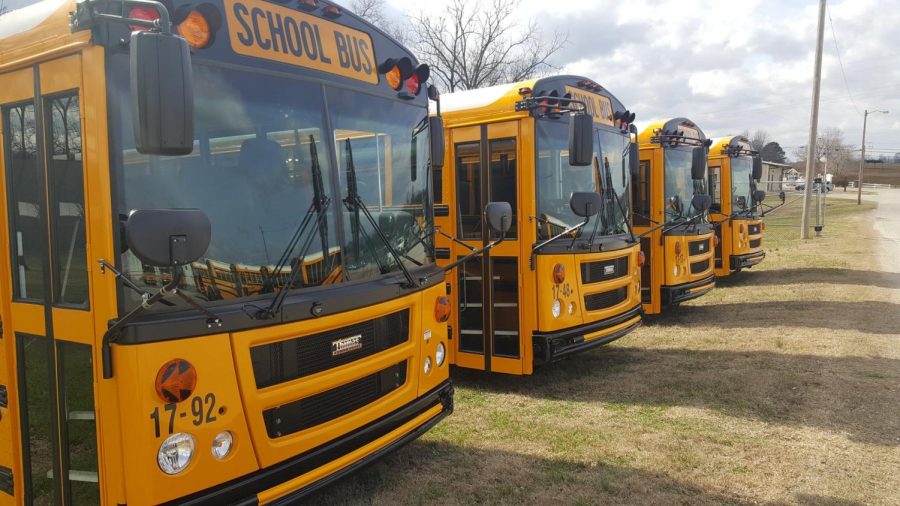Beginning in 2015, students in Maryland will have to attend school past the age of 16. The Maryland legislature passed a bill April 9 that will raise the school dropout age from 16 to 17 in 2015 and then to 18 in 2017.
Students who will not be 16 by July 1, 2015 – mainly current middle schoolers – will not be allowed to drop out of school until they turn 17. Students who will not be 15 by that date will have to stay in class until they turn 18.
The bill passed by a vote of 88-49 in the House and 37-10 in the Senate. Governor Martin O’Malley, who supported the legislation, will sign it in May.
Delegate Aisha Braveboy, who sponsored the bill in the House, said similar bills were presented in 2008 and 2009 but died in the House Ways and Means Committee. This year, the presence of a new state superintendent and several new delegates helped propel the bill to approval, she said.
“There were significant shifts in attitude in the Ways and Means Committee,” Braveboy said. “The subcommittee chair, who before had been very skeptical of the bill, was very supportive. We worked together to create an amendment everyone could support and agree to.”
The Maryland dropout age was last changed in 1947, when teens could make a living working on farms, Braveboy said. She said the transition of the state economy away from agriculture means students must stay in school longer in order to succeed later in life.
“Our economy has certainly shifted to more of an industrial economy,” she said. “With that come jobs that require at minimum of a high school diploma. We want to make sure that our people are prepared for the future. In order to do that, they must have at minimum a high school diploma.”
Principal Alan Goodwin said he thinks the change is a good idea, but that the state should also provide more school programs, such as vocational training, that might appeal to students who would otherwise want to drop out.
“I think they need to just think creatively to help the students that are moving out of school for very good reasons and how to address those particular needs,” Goodwin said.
The new policy will not apply to any student who serves in the military, has earned a Graduation Education Development diploma at age 16 or older, supports his or her family financially or is unable to attend school for certain other health or family reasons.
Future Educators club president Alixe Siegel said she supports the legislation and the provisions it includes.
“It will help students to prepare for college or a career,” she said. “But students who need to help support their families should be able to drop out.”











